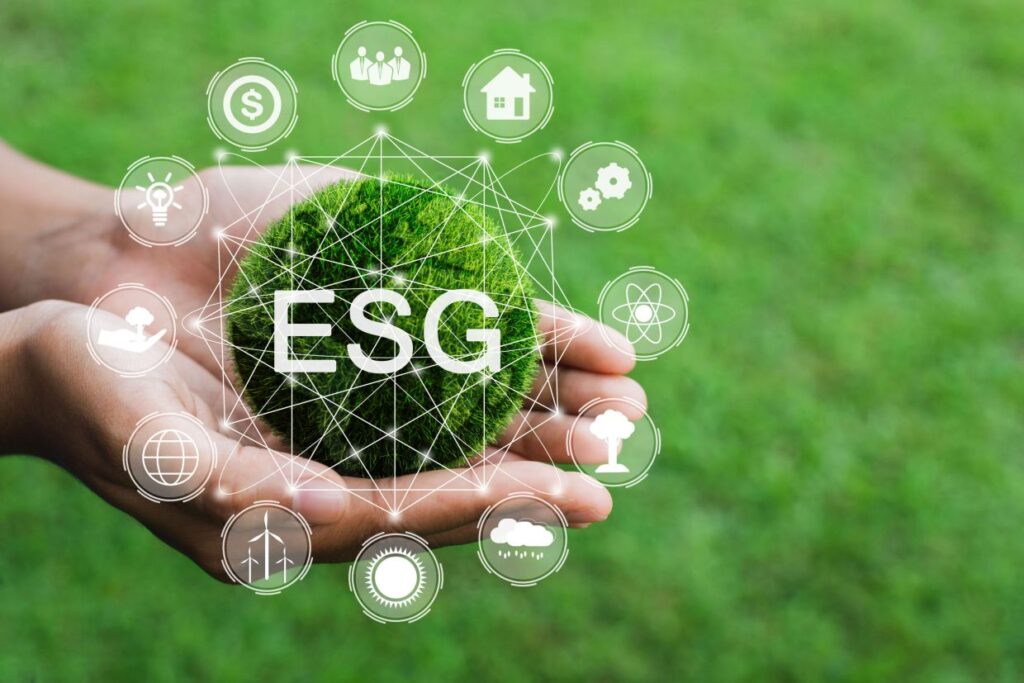
Bank Islam’s SME Smart Eco Financing programme mobilises finance for smaller companies to embrace sustainability
TO ensure that SMEs embrace the environmental, social and governance (ESG) agenda is vital.
The sector forms the backbone of the economy, be it through its contribution to the gross domestic product or its role as the largest employer in Malaysia and now, its part in realising the nation’s ambition to achieve carbon neutrality by 2050.
SMEs integrating ESG practices into their operations will not only translate into positive social and environmental impact, but also a business imperative as they will no longer be able to export to more developed countries or participate in the global supply chain otherwise.
There is increasing pressure for organisations of all stripes to adopt such practices from external economies, most notably the European Union and the United States, in the form of embargoes or higher barriers of entry for countries and companies that are not ESG-compliant.
That’s not to mention the rising difficulties that SMEs will face in accessing capital, as financiers are moving full steam ahead with ESG to mitigate climate and environmental risks.
In recognition of the need to mobilise capital to ensure a just, equitable transition to a sustainable future, Bank Islam has rolled out its SME Smart Eco Financing (ECO) programme in mid-November 2022.
Coinciding with the United Nations Climate Change Conference (COP27) in Egypt, the financing programme continues the bank’s commitment to banking sustainability with the October launch of its environmental, social and governance (ESG) risk management framework.
“The objective of developing this product is to promote and facilitate the adoption of green sustainability practices by SMEs, whether as producers or users,” said Bank Islam SME banking director Rizal Mohd Yusof.
In this sense, producers can use ECO as capital expenditure to produce green products, whereas users can leverage on the programme for green technology utilisation.

ECO serves to benefit SME companies that produce and/or adopt green technology for their businesses, such as producers seeking to purchase business inventory, equipment or services relating to sustainable initiatives and users looking to implement sustainable practices.
It is also available to finance working capital for the purchase of raw materials in green production, as well as enable companies to acquire or purchase assets listed under MyHijau, which have been verified as green technology assets by the Malaysian Green Technology and Climate Change Corporation (MGTC).
Those eligible to apply for the financing programme are sendirian berhad (private limited) companies or sole proprietorships or partnerships that fall within SME Corporation Malaysia’s SME definition, which have operated for at least two years and are profitable for at least one of those years.
As for the financing amount, ECO provides up to RM15mil for producers and up to RM5mil for users, while the financing limit for sole proprietorship/partnerships is capped at RM2.5mil.
At the same time, ECO customers are eligible to benefit from government tax reliefs, incentives and discount under the Green Initiative, such as the Green Investment Tax Allowance (GITA) and Green Income Tax Exemption (GITE) under MGTC, as well as the extension of Investment Tax Allowance (ITA) for the purchase of green technology assets and Income Tax Exemption (ITE) on the use of green technology services and systems under the Malaysian Investment Development Authority.
Overall, the ECO financing programme also contributes towards achieving the Government’s target for Malaysia to be a net-zero emission economy by 2050 with a focus on sustainable energy including Renewable Energy (RE) and Energy Efficiency (EE) and supports the Government’s green technology initiative.
Moreover, it also aids in the public tender programme for Large Scale Solar Programme (LSSP), which allows companies from the private sector to build, own and operate solar plants to generate RE in large capacities.
ECO is the latest in the bank’s initiatives to support SMEs by providing access to financing, with some others including SME Biz Grow, SME Exporter and Go Halal SME – as a full-fledged Islamic local bank and the first to be listed on Bursa Malaysia’s Main Market, Bank Islam is mandated to support the growth of the country’s halal economy.
The financing programme ties back into the bank’s values-based intermediary core business model and how it takes ESG aspects into consideration when designing its products and services, alongside how it conducts its operations or initiatives with an emphasis on communities’ well-being and the preservation of wealth and natural resources.
“ECO is developed as proof of the bank’s commitment to ensuring that what we do will create a positive and lasting impact on our society, economy, environment and country,” said Rizal.

This shows that for Bank Islam, sustainability is about investing for long-term growth and the future of the organisation, which translates into the bank’s five-year growth strategy and business plan (LEAP25) – that aims to double its current 2.3% ESG-rated financing assets and sustain its industry-leading return on equity at above 15% – to become a champion in offering shariah ESG total financial solutions and to establish its leadership in social finance and digital banking.
For more information on the SME Smart Eco Financing programme and the bank’s range of initiatives to support the growth of SMEs, visit your nearest Bank Islam branch or its website at www.bankislam.com/business-banking/sme-banking/eco/, or email sme-assist@bankislam.com.my.
Source : The Star

